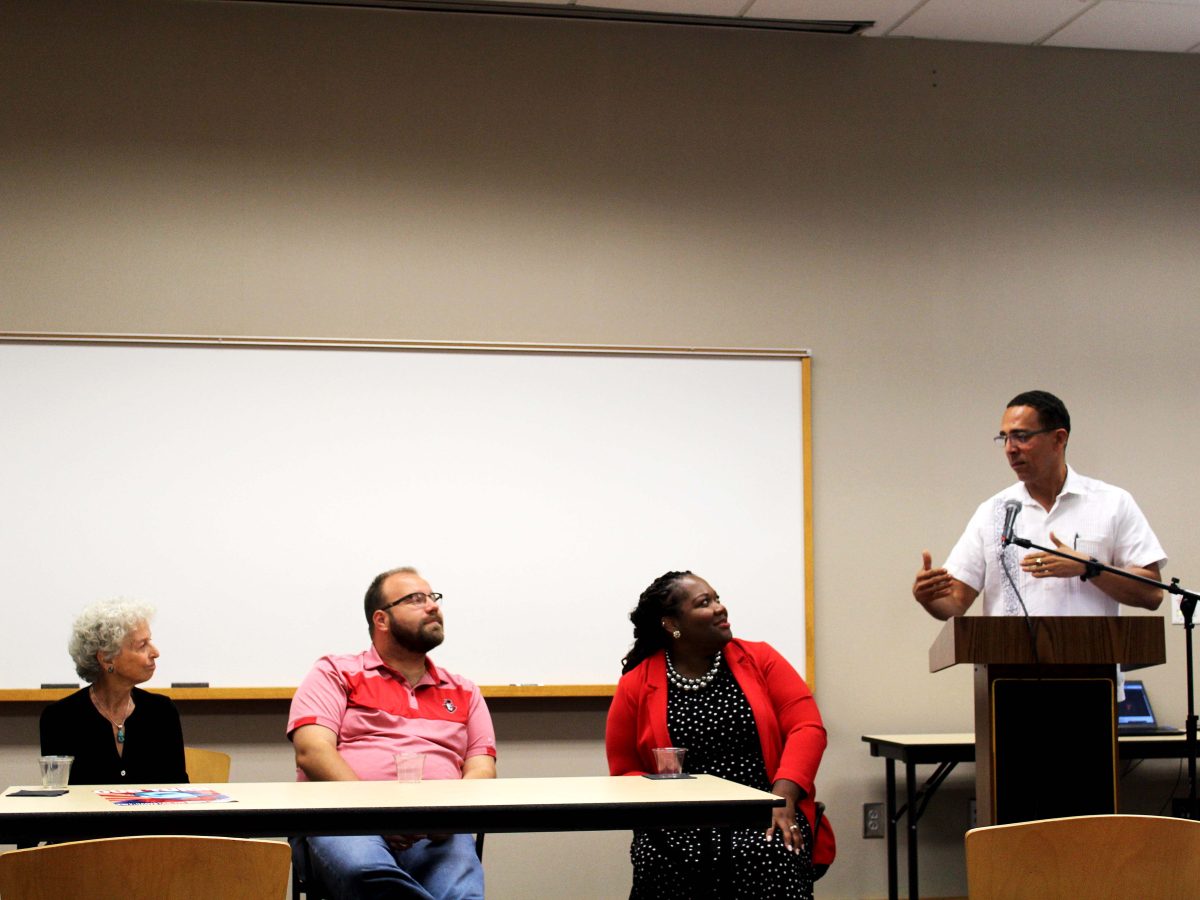Climate change is one of the most controversial and most discussed issues among the public and world leaders. World leaders want to understand whether or not climate change does, in fact, exist and how it affects not only human life, but the life of all living organisms. More importantly, world leaders want to know if there is a way to prevent, or at the very least, reduce it.
In 2006, Al Gore publicized the concept of global warming through his award-winning documentary “An Inconvenient Truth.” This documentary played a huge role in how society viewed and understood global warming.
The term global warming was later altered to climate change, however, because it appeared to be less frightening. The fact of the matter is that the two terms mean nearly the same thing, except climate change has a bit more detail.
Global warming is exactly what it sounds like: the Earth is warming up.
Climate change, on the other hand, refers to the changes in the global climate which result from the increasing average global temperature, just like global warming, but includes changes in precipitation patterns, increased frequency of droughts, heat waves and other extreme weather, such as the most recent hurricane “superstorm” Sandy and the recent droughts in the Midwest we’ve seen recently.
There’s no doubt Earth is getting warmer. The past year was on record for being the hottest year since records were first started in 1895, according to National Oceanic and Atmospheric Administration. Although that poses a serious problem for the near future, that’s not the concern many world leaders share.
What Al Gore demonstrates in his documentary is the last few hundred years show a significant increase in temperature, especially since the Industrial Revolution. What he fails to explain is that Earth has been undergoing significant temperature changes before records even existed.
Data acquired by NOAA shows global temperature changes from the past 425 thousand years. According to their data, there are drastic dips in temperature representing the previous ice age and then a gradual increase of temperature afterward to overcome that ice age. The sudden change in temperature within our lifetime is nothing more than Earth overcoming the most recent ice age.
Robert Sirk, professor and chair of the geosciences department believes that humans have been impacting climate change for years through means of agriculture, and it wasn’t until the Industrial Revolution when we acknowledged it.
Sirk said “there’s no doubt [temperature] is increasing; it’s the fact that it’s increasing much more rapidly since the Industrial Revolution …our carbon sinks, like the ocean and forest are declining. Oceans cannot take anymore [carbon dioxide] and so we are going to see, I think, a very large jump of the amount we are going to have in the atmosphere.”
While I agree that greenhouse gases like carbon dioxide and methane play a part in the increased temperatures and reducing them could potentially slow down the effects of increased temperature, will it make a difference?
This is what I believe: consider climate change as a bath tub full of water. Human impact on climate change is similar to adding a few drops of water to that bath tub; not enough to overflow it. Instead, temperature will continue to increase naturally because history tends to repeat itself, so I don’t believe there is much we can do to prevent climate change. It’s simply going to happen.
Although Robert Sirk and I view climate change differently, we do agree on one thing: climate change is real and it’s something we will all have to deal with in the near future.








